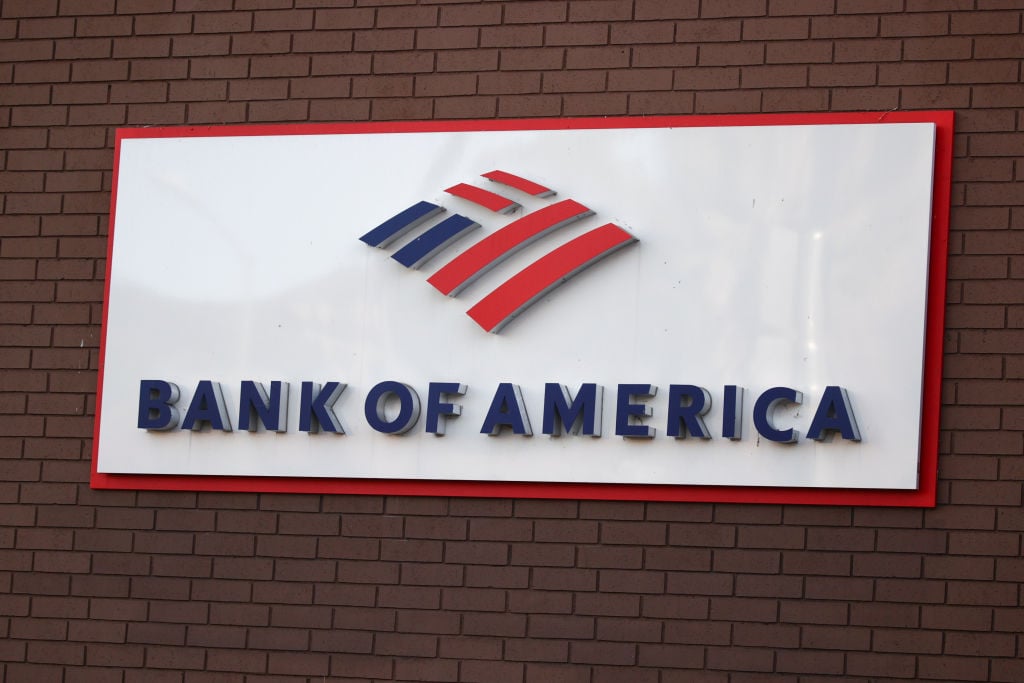If you have good credit, there is a tremendous variety of credit cards to choose from that offer rewards in the form of points, airline miles, or cash back. However, not all reward cards are created equal. In a recent study by CardHub, various reward policies of different companies were examined, such as limitations on rewards earned, expiration or forfeiture of rewards, and redemption limits. From this, we can see why cards from Capital One (COF +1.39%) and Bank of America (BAC +2.09%) are much more appealing than those from say, Discover (DFS +0.00%), and why it could help the banks going forward.
No earning limits
Capital One achieved the best possible scores in every category in terms of earning limits. Whereas some credit card companies will only pay their advertised reward percentage for a certain amount of purchases, all of the Capital One cards reviewed in the survey had no earnings cap whatsoever.
For example, the Capital One Venture Card lets you earn double miles on every purchase (two miles per dollar) with no limit. For cash back rewards, the company's Quicksilver Cash Rewards credit card gives 1.5% cash back. Compared to other cards, this is good but not unheard of. However, such a high percentage is rare without a cap.

In contrast, the Discover It card offers 5% cash back in rotating categories only, and limits the reward to the first $1,500 in purchases. Not only is this bad if you use your card often, but you only get the good rewards at certain items: 5% sounds great until you realize it's only good on purchases made in home improvement stores.
Do the rewards expire?
In the "rewards expiration" category, Bank of America scored a perfect 100%, and Capital One was a close second. Bank of America earned the top spot because its rewards never expire, even if the customer's account is inactive for a long time. In fact, the company's rewards don't even expire if a payment is missed. In addition, cardholders can continue to earn rewards while not in good standing. Bank of America was the only issuer to offer both of those features.

The BankAmericard Cash Rewards card offers 1% unlimited cash back on every purchase, with bonus cash available on purchases at grocery stores and gas stations, as well as a $100 bonus after the first $500 in purchases. So, if you were to open this card and charge $1,000 in gas purchases in a few months, then never use the card again, your $130 in cash rewards would still be valid whenever you want it, even if you miss a payment in there.
Overall results
The study ranked the 10 largest credit card issuers in terms of the percentage of desirable reward features they offer. Capital One and Bank of America both did very well, with percentage scores of 96% and 84%, respectively, indicating they offer very consumer-friendly reward programs. Discover was found to have the most limitations on its reward programs, scoring less than 36%.
What it means for the companies
Lending standards have relaxed considerably over the past few years, and consumers are finding there is a wider range of credit cards they can qualify for. As a result, credit card companies are finding it necessary to increase the quality of their rewards programs. Discover's claims of "5% cash back" may lure in some new customers, but the limitations on the usage, earning, and expiration of their rewards are likely to frustrate some cardholders.
Bank of America and Capital One, on the other hand, are doing things in a much different way. They are offering rewards that sound good, but not over-the-top. However, once the customers get the cards and begin earning rewards, the banks are taking measures to ensure they are happy with the programs and stay loyal customers for a long time. It is this customer-friendliness that will allow these banks to grow their long-term and loyal customer base, and this will pay dividends over time.







